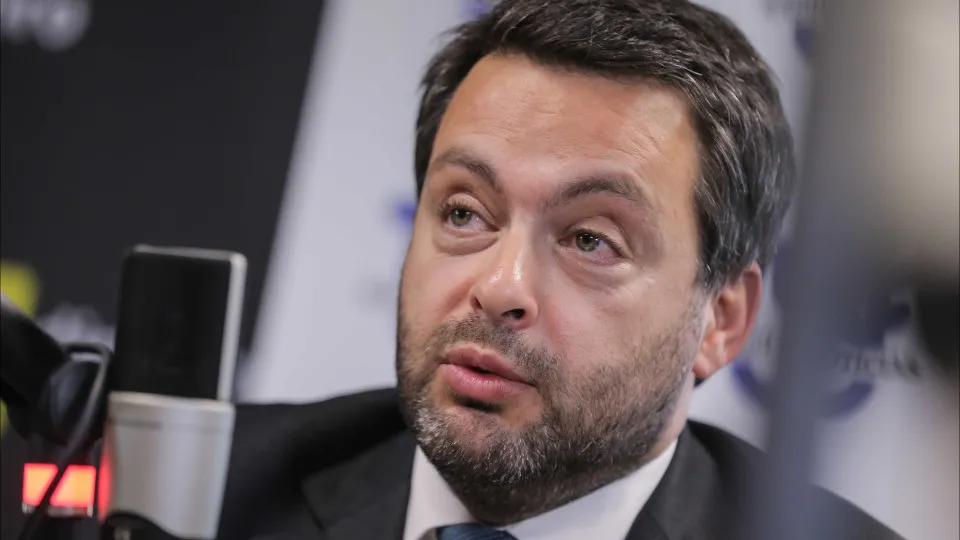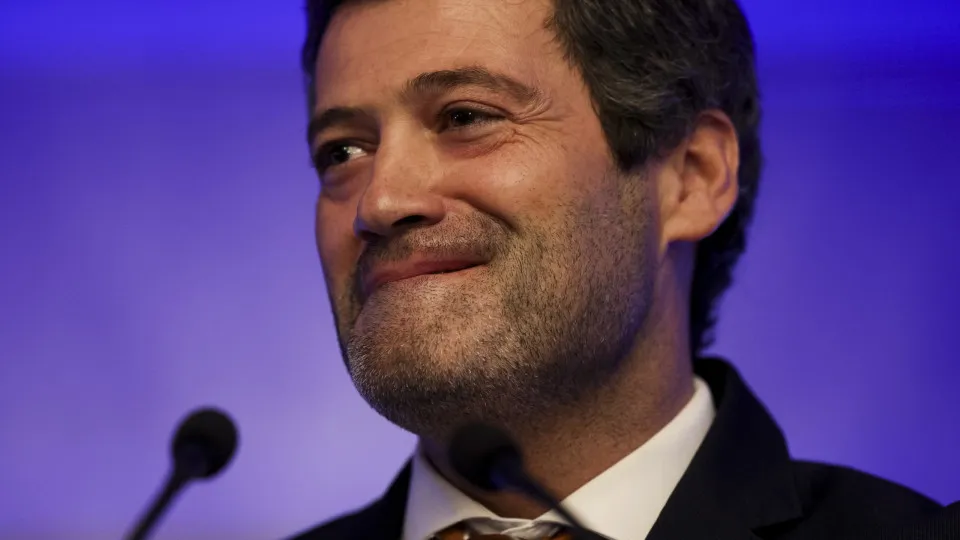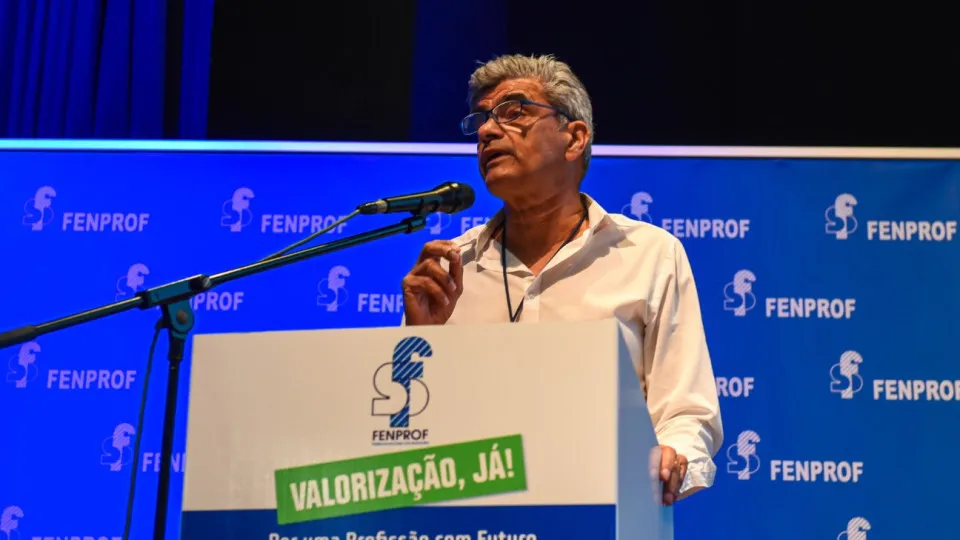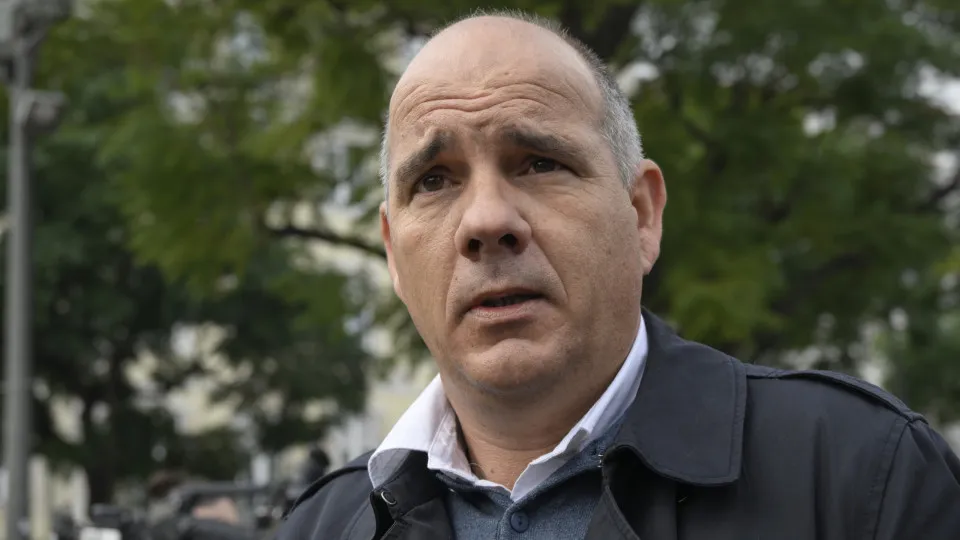
In today’s plenary session, the general discussion focused on a Government Bill proposing amendments to the Tax Benefits Statute. This would adjust the Corporate Income Tax (IRC) incentive related to wage increases, originally implemented by António Costa’s (PS) government. The change removes the legal obligation for companies to reduce salary disparities between higher-paid and lower-paid workers.
By removing this requirement, Luís Montenegro’s executive (PCD/CDS-PP) aims to broaden the range of companies eligible to deduct wage increase expenses from their IRC.
The PS inquired whether the executive plans to implement alternative measures to address the “salary range” issue, defined by the wage gap between the top 10% highest-paid and the bottom 10% lowest-paid employees.
“The Government is withdrawing the safeguard against widening salary ranges. What is the Government doing to address this specific issue within companies,” asked PS deputy Miguel Cabrita, former Secretary of State for Labor under António Costa’s government, addressing the Finance Minister, who was present during the debate to represent the Government.
In response, Minister Joaquim Miranda Sarmento stated, “The wage premium, when applying the salary range rule, simply will not function,” without disclosing whether the executive plans to undertake separate actions to tackle inequalities.
Throughout the debate, Miranda Sarmento emphasized the importance of IRC benefits for the wage premium but without the existing obligation. “An agreement with social partners aims to encourage wage enhancement without imposing conditions that hinder its application,” he noted.
Currently, employers who raise wages above a specified rate (4.7%) can deduct these costs from their IRC, provided there is no increase in salary disparity between the highest and lowest earners, under the initiative introduced by António Costa’s government.
The Government pledged to revoke this criterion in the Tripartite Agreement 2025-2028, signed on October 1, 2024, and included it in the State Budget proposal for 2025. However, the initiative was rejected during the specialty discussion, prompting the executive to reintroduce the measure later as part of commitments made in Social Dialogue.
This initiative was subsequently reintroduced by Luís Montenegro’s second executive on July 10.
Alongside this proposal, two other Government initiatives on VAT and special consumption taxes were discussed to transpose EU directives that Portugal has yet to integrate into national law.
Regarding VAT, the proposal introduces a group VAT regime “which involves consolidating VAT balances payable or recoverable among group members connected financially, economically, and organizationally,” according to the proposal’s explanatory notes.
Miranda Sarmento defended that the measure would offer “greater efficiency in cash management, allowing for more effective allocation of company financial resources, and reducing administrative and tax compliance costs.”




